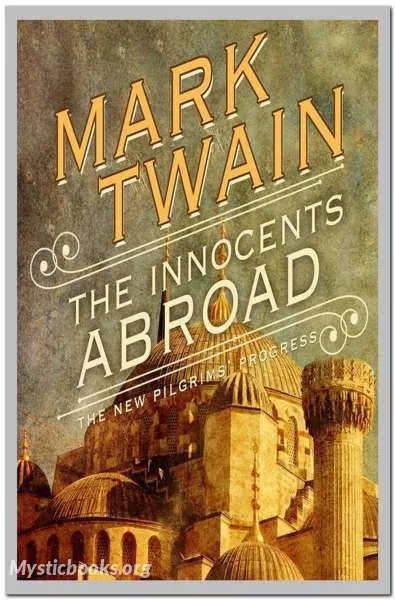
The Innocents Abroad
by Mark Twain
'The Innocents Abroad' Summary
A major theme of the book is that of the conflict between history and the modern world. Twain continually encounters petty profiteering and trivializations of history as he journeys, as well as a strange emphasis placed on particular past events. He is either outraged, puzzled, or bored by each encounter. One example can be found in the sequence during which the boat has stopped at Gibraltar. On shore, the narrator encounters seemingly dozens of people intent on regaling him, and everyone else, with a bland and pointless anecdote concerning how a particular hill nearby acquired its name, heedless of the fact that the anecdote is, indeed, bland, pointless, and entirely too repetitive. Another example may be found in the discussion of the story of Abelard and Heloise, where the sceptical American deconstructs the story and comes to the conclusion that far too much fuss has been made about the two lovers. Only when the ship reaches areas of the world that do not exploit for profit or bore passers-by with inexplicable interest in their history, such as the early passage dealing with the ship's time at the Azores, is this attitude not found in the text.
This reaction to those who profit from the past is found, in an equivocal and unsure balance with reverence, in Twain's experiences in the Holy Land. The narrator reacts here, not only to the exploitation of the past and the unreasoning (to the American eye of the time) adherence to old ways, but also to the profanation of religious history. Many of his illusions are shattered, including his discovery that the nations described in the Old Testament could easily fit inside many American states and counties, and that the "kings" of those nations might very well have ruled over fewer people than could be found in some small towns. Disillusioned, he writes, "If all the poetry and nonsense that have been discharged upon the fountains and the bland scenery of this region were collected in a book, it would make a most valuable volume to burn."
This equivocal reaction to the religious history the narrator encounters may be magnified by the prejudices of the time, as the United States was still primarily a Protestant nation at that point. The Catholic Church, in particular, receives a considerable amount of attention from the narrator, specifically its institutionalized nature. This is particularly apparent in the section of the book dealing with Italy, where the poverty of the lay population and the relative affluence of the church are contrasted.
Book Details
Authors
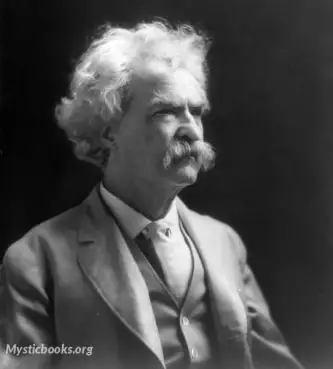
Mark Twain
United States
Twain was fascinated with science and scientific inquiry. He developed a close and lasting friendship with Nikola Tesla, and the two spent much time together in Tesla's laboratory. Twain patented thre...
Books by Mark TwainDownload eBooks
Listen/Download Audiobook
Related books
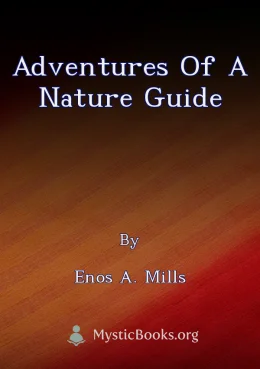
Adventures of a Nature Guide by Enos A. Mills
In "Adventures of a Nature Guide," Enos A. Mills, a renowned naturalist and conservationist, shares his firsthand experiences as a guide in the rugged...
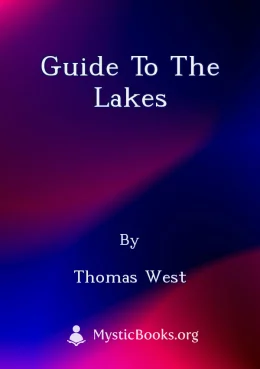
Guide to the Lakes by Thomas West
Published in 1778, Thomas West's "A Guide to the Lakes" offers a detailed exploration of the Lake District, a region in England that was gaining popul...
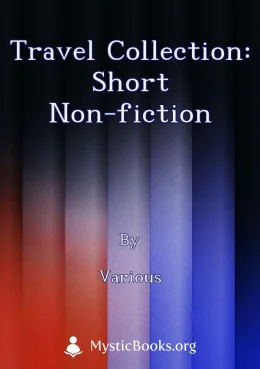
Travel Collection: Short Non-fiction by Various
This collection of short, non-fiction travelogues offers a diverse range of perspectives on travel experiences from around the world. From museum visi...
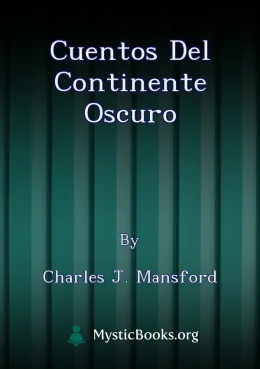
Cuentos del continente oscuro by Charles J. Mansford
Cuentos del continente oscuro es una colección de historias de aventuras ambientadas en África y Asia, que siguen las aventuras de dos caballeros ingl...
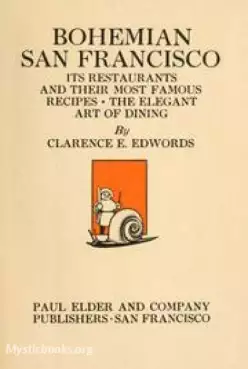
Bohemian San Francisco by Clarence Edwords
While describing his dining experiences throughout “Bohemian San Francisco,” Clarence Edwords paints an historic panorama of California cuisine with a...
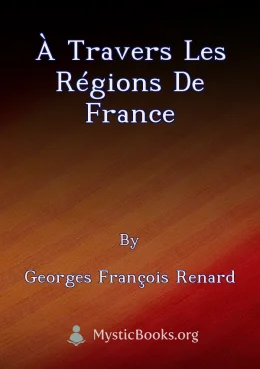
À travers les régions de France by Georges François Renard
« À travers les régions de France » de Georges François Renard offre une exploration humoristique et poétique des différentes régions de la France. À...
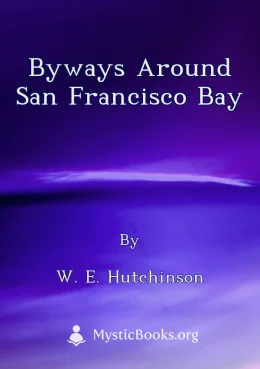
Byways Around San Francisco Bay by W. E. Hutchinson
California, the land of sunshine and roses, with its genial climate, its skies as blue as the far-famed skies of Venice, and its pure, life-giving air...
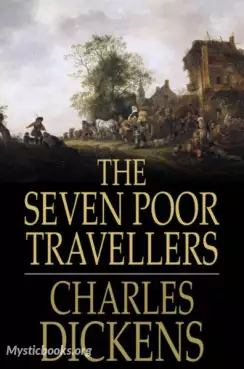
The Seven Poor Travellers by Charles Dickens
The first chapter relates Dickens' visit to the ancient Richard Watts's Charity at Rochester. The second chapter is the touching story of "Richard Dou...

The Road To Mandalay by Bithia Mary Croker
Sophy Leigh and Douglas Shafto come to Burma on the same ship in 1912. They come for different reasons. Through them, we learn about British India in...
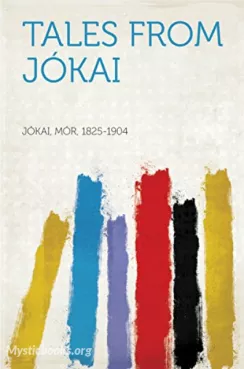
Tales from Jókai by Mor Jokai
Immerse yourself in a captivating collection of Hungarian folktales, where history and fantasy intertwine, and the spirit of a nation comes to life. I...
Reviews for The Innocents Abroad
No reviews posted or approved, yet...